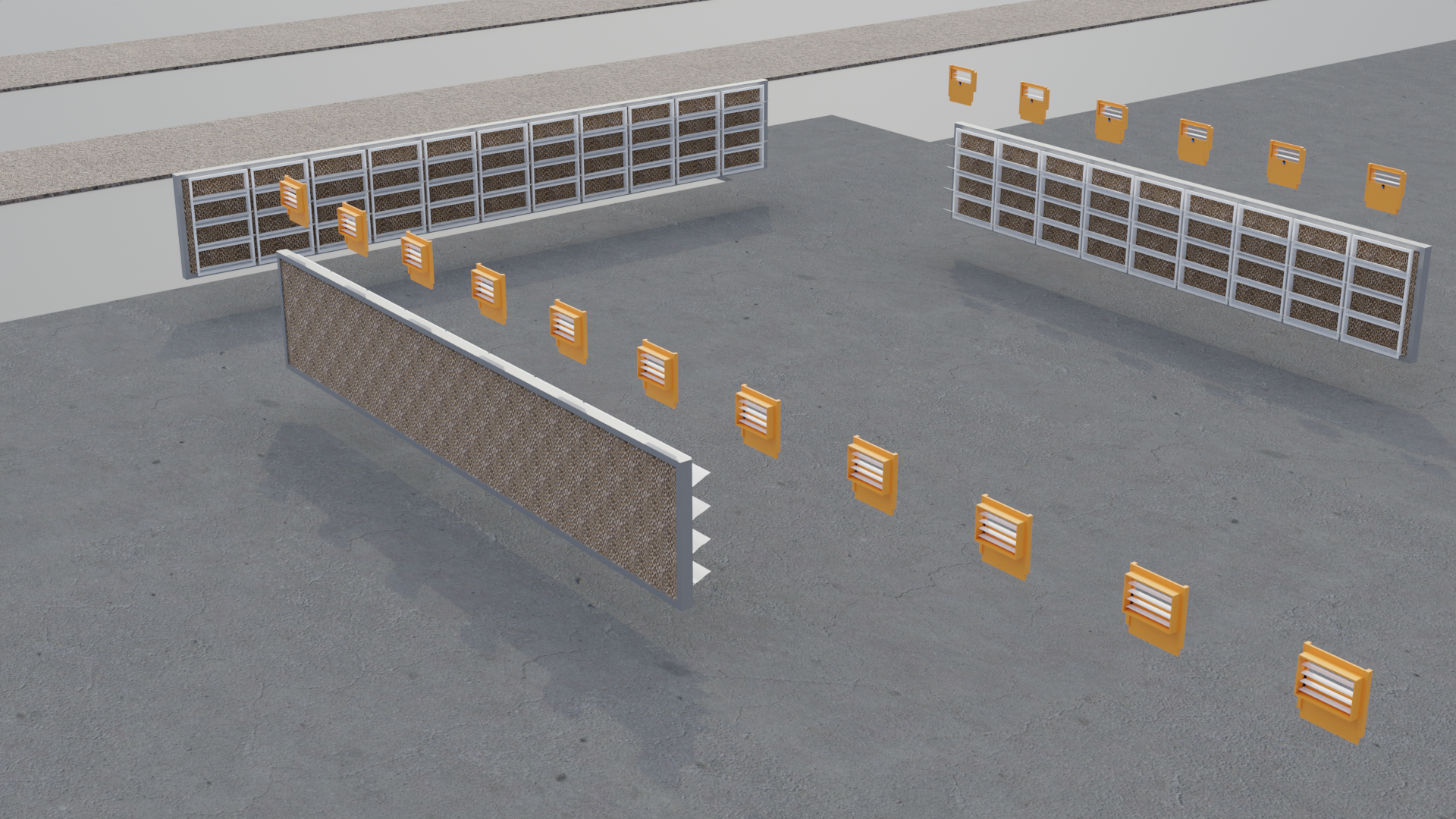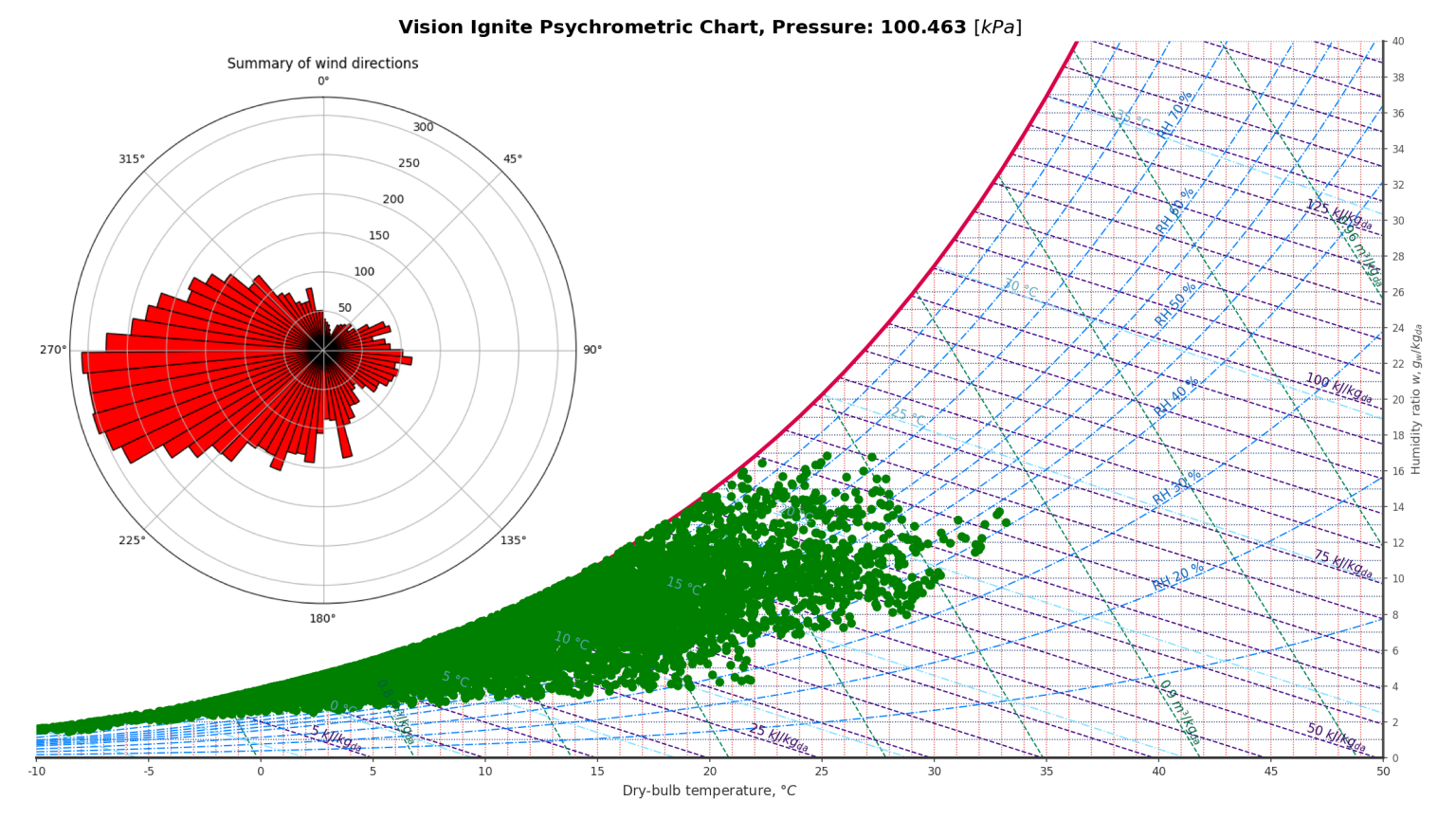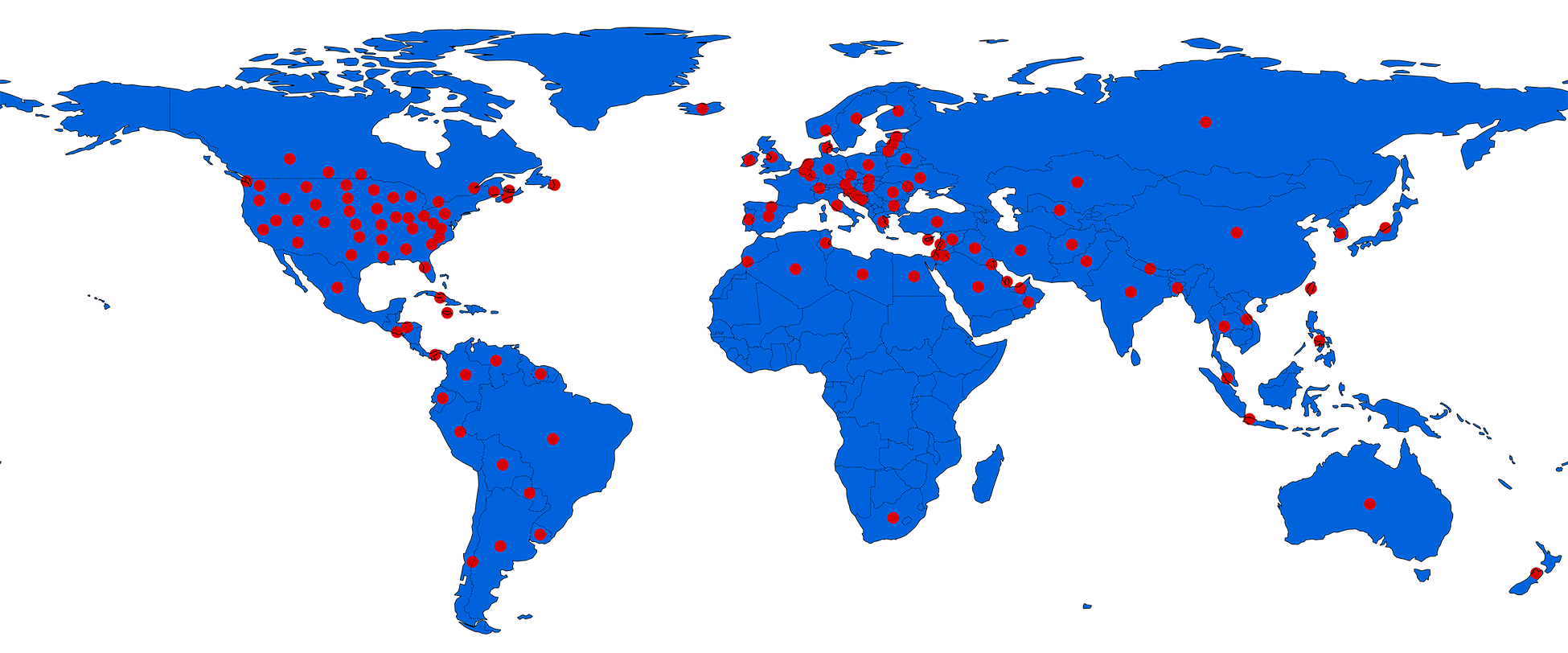Lifting the livestock production industry to the next level
What We Offer
We specialise in knowledge transfer, providing agricultural consultancy services for the pig and poultry industry, as well as coaching and artificial intelligence.
Knowledge Transfer
Providing expert knowledge sharing through presentations and seminars to your customers or your team. We cover a wide range of topics, including pigs, poultry, ventilation, equipment, data science, artificial intelligence and more, helping your business stay ahead of the curve in an ever-changing industry.
The power of visualization
The power of visualization cannot be underestimated, especially in the agricultural industry where modern buildings can be complex, with multiple systems such as housing equipment and ventilation components. By creating high-quality images and animations, we can visualize these complex projects and make them much easier to understand. These visualizations can be used to showcase proposals, even before they are implemented, and can be used for augmented reality, data science visualization, or as a background image on modern climate computers.
At Vision Ignite, we understand the importance of visualizing projects, and we can help you present your proposals in a clear and visually appealing format. Our team of experts can create realistic images and animations that accurately represent your project and help you make informed decisions.
We provide a wide Range of Services
Bring Your Vision to Life (3D Drawings and Animations)
Transform your ideas into vivid reality through our exceptional 3D drawings and animations. We create high-quality, realistic visualizations that vividly showcase your agricultural products, systems, and projects, leaving a lasting impression on your audience.
Present Your Systems in Augmented Reality
Immerse your audience in a captivating augmented reality experience. Showcase your agricultural systems and projects with stunning visualizations, enabling clients and stakeholders to explore your designs in a realistic and interactive way.
Visualize Your Farming Projects
Efficiently visualize your farming projects with our advanced project layout service. Gain insights into the layout and arrangement of your buildings and systems, enabling you to optimize productivity and maximize efficiency even before you start building.
Tailor-Made Solutions for Your Business (Software)
Get customized software solutions to showcase your products, systems, and sales information, specifically designed for the iOS platform.
Optimize Your Environment (Ventilation)
Achieve optimal ventilation and climate control for your animals. Leverage our expertise to design new ventilation systems or evaluate the performance of your existing setups, ensuring a healthy and productive environment for your animals with the lowest amount of energy needed as possible.
Streamline Your Decision-Making
Our quotation analysis and decision support service empowers you to make informed choices. We analyze quotations and provide comprehensive insights, helping you make sound business decisions with confidence and clarity (specialized on ventilation systems).
Unlock the Power of Data (Collection & Data Science)
Harness the potential of data in from agriculture buildings. Our data collection and data science services enable you to gather valuable insights from your machines, systems, and projects. Leverage advanced analytics and make data-driven decisions to drive productivity and growth.
Simulate Your Systems
Simulate and analyze complex ventilation, heating, and other agricultural systems. Our advanced modeling capabilities provide accurate simulations to enhance system performance, optimize designs, and troubleshoot potential issues.
Expand Your Expertise and Achieve Goals
Elevate your understanding and expertise in various topics, with a particular focus on ventilation systems. Our engaging seminars combine knowledge transfer with personalized coaching, empowering you to reach your goals. Gain valuable insights, stay updated with industry trends.
Explore the Future of AI
Stay ahead of the curve with our insightful AI seminars and on request other computer technologies for your team.
About Vision Ignite
Marc van de Ven is an agricultural engineer with over 30 years of experience in the pig and poultry industry. Specialized in ventilation, he has worked for four major companies, bringing extensive knowledge and insights to his work.
Marc is also skilled in software development, complex modeling, data science, visualization, augmented reality, knowledge transfer, and personal coaching. With this broad range of skills, he provides comprehensive support to clients seeking to optimize their operations and stay ahead of the curve in an ever-changing industry.
With a strong commitment to knowledge transfer and training, Marc helps businesses of all sizes to improve their operations, leverage new technologies, and achieve their goals. If you're looking for an expert who can help take your business to the next level, Marc is the perfect partner for you.
Marc started his own company Vision Ignite GmbH in 2023.

Marc van de Ven
CEO / Owner Vision Ignite GmbH
Marc's wealth of experience extends across the globe, having worked on numerous pig and poultry projects worldwide. With years of experience managing the North American market, as well as overseeing projects in North Africa and the Middle East, he brings a unique perspective to the industry.
As a project designer, Marc has traveled extensively, visiting many places and gaining insights into the various challenges and opportunities facing the agricultural industry. He has also conducted numerous training sessions and seminars worldwide, sharing his expertise and helping businesses to optimize their operations.
Whether it's designing new projects or improving existing ones, Marc's global experience allows him to bring a unique perspective to his work. His understanding of diverse markets and cultures, combined with his technical expertise, makes him a valuable asset to any team.








